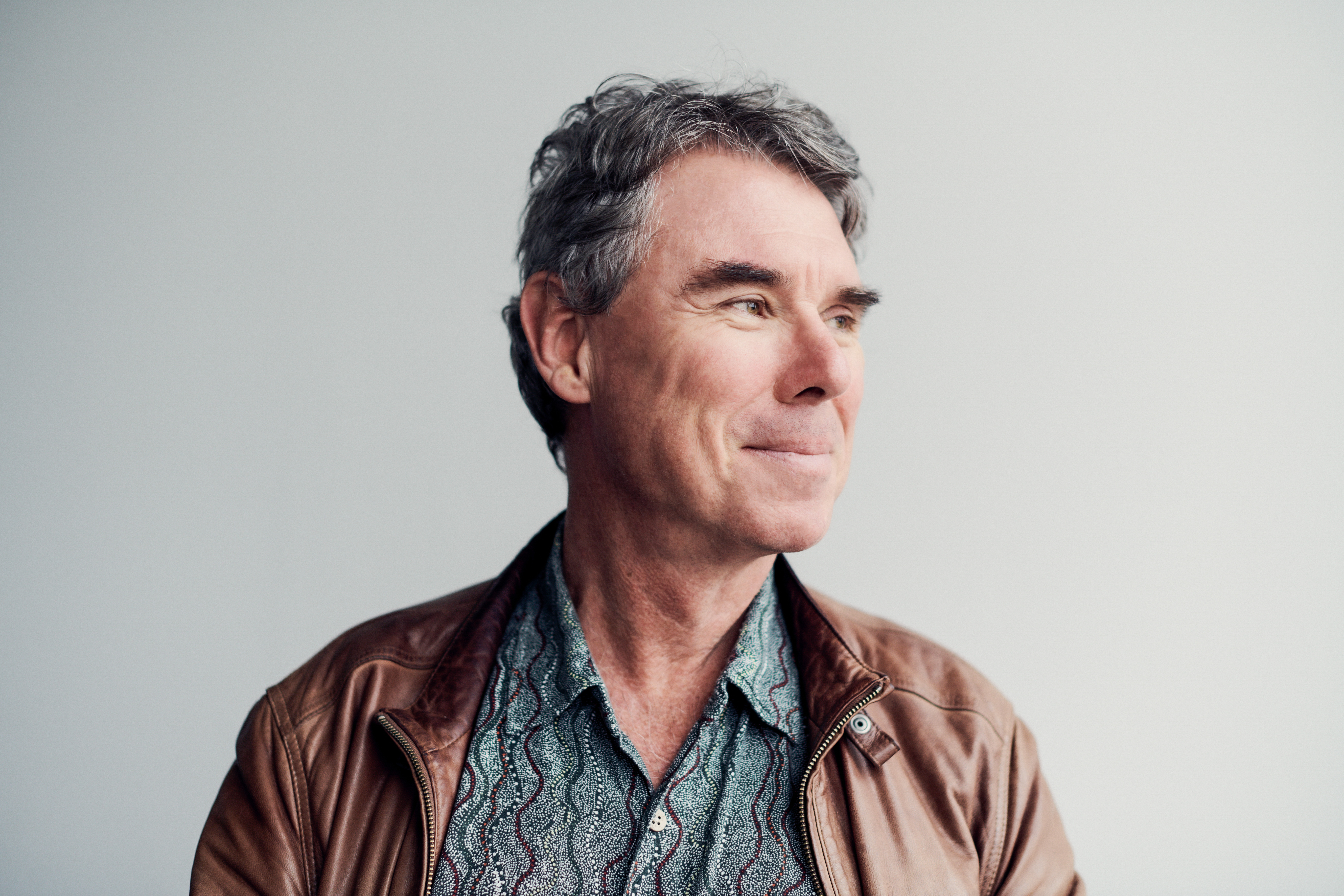
I am professor of foundations of machine learning systems at the University of Tübingen. I am a principal investigator in the Tübingen AI center and a member of the Cluster of Excellence Machine Learning in the Sciences.
Current Research
My current research is focused on a small number of basic questions underpinning much of Machine Learning. Most of this is being done with PhD students and postdocs in the FMLS group.
- How should one aggregate? The average is the usual answer. There are, however, many other choices, which are better suited from questions arising from fairness considerations, ambiguity of information, and instability of relative frequencies.
- How can one conceptualise intersectionality mathematically, whereby just because events \(A\) and \(B\) have probabilities associated with them does not imply that \(A \cap B\) should too? More generally, how can one extend Richard von Mises theory of collectives to situations where relative frequencies do not converge.
- Understanding information. Classical information theory largely works with Shannon information. The Csiszár \(f\)-divergences show there are other choices. What else is possible? And how does information relate to the risk in learning problems? And how can one extend notions of information to situations where one cannot talk of probabilities (e.g. when relative frequencies do not converge).
- Understanding selection bias and more complex corruptions of data. Learning with different types of noise (eg label noise) is now becoming quite well understood. However, when one allows that the corruption process can depend jointly on labels and attributes far greater problems arise. This has been demonstrated in a simple case by Xiao-Li Meng. I am exploring how to extend this to more general situations.
- The style of reasoning of machine learning. Machine learning is often viewed as pure empiricism, but this is a deeply flawed perspective. With Atoosa Kasirzadeh I am exploring the style of reasoning of ML (in the sense of Ian Hacking's use of styles of reasoning) as a broader investigation of the rhetoric of machine learning.
Past Research
Teaching
Bio
Born 1962. B. Eng (QIT) 1983. PhD (UQ) 1990. Co-created NICTA. FAA 2012. ANU 1990-2020. Tübingen 2021+